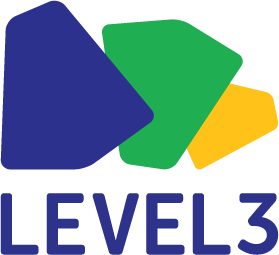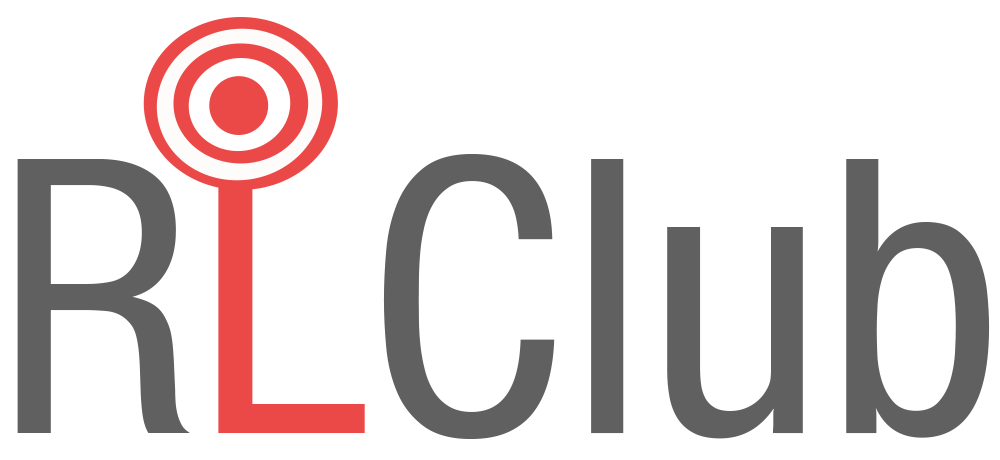RLClub's Andrei Roudenko talks about the future of incentivised advertising
"What people don't realise, is that Singapore was - and probably still is - a graveyard for loyalty programmes," Andrei Roudenko tells us, taking a swig of his coffee whilst perched at a corner table of the LEVEL3 coworking space at Mapletree Business City. "When RLClub first came to Singapore, we realised that there were 15 failed startups in the area of loyalty programme applications, and we've since managed to avoid the usual pitfalls." The pitfalls in question are, according to the founder of RLClub, unexplained buzzwords like 'loyalty' and 'rewards', which these startups all knew existed, but had no idea how to properly utilise in order to seamlessly align the interests of the brand, customer and advertiser.
The rise of the Rewards and Loyalty Club, truncated RLClub, began with Andrei on a plane, jetting off to Europe to explain his big idea to his friend who was facing a loyalty problem in retaining consumers for his cable operator company. Andrei's three-pronged approach to bolster customer loyalty ultimately formed the basis for his Eureka moment. "Today, people prefer to choose the advertisements they want to consume," he says, describing advertising as a once burnished star that has since fizzled out due to, as Andrei describes it, "incentivised advertising".
...
INCENTIVISED ADVERTISING IS THE FUTURE
Modern consumers are at liberty to choose what, when and where they will view their advertisements. Giving people that choice to choose is the secret ingredient that will spawn loyalty. It is crucial to always keep all three parties of the equation satisfied: The brand, customer and advertiser. Our business model has been utilised in the past, but always in separate bits and pieces that was never combined as a whole and scaled up as RLClub is. RLClub is definitely scaling upwards, having been in talks with retail mall operators, banks and insurance companies in Asia and Europe. We have two banks purchasing our license in the next 6 months, which is great.
...
THE KEY IS GIVING PEOPLE SOMETHING THEY DIDN'T KNOW THEY NEEDED
Prior to founding RLClub, I was an investment banker as well as a VC investor for a couple of years. I noticed that most consumers didn't even know they needed a service, only until it was on the market and being provided. Take this for example: I was one of a few thousand people who brought capital market to Eastern Europe. People there didn't realise the gravity of a capital market, but bringing this concept to a former communist block was ultimately beneficial for them - they just didn't know it yet. The same applies to startups everywhere, it's always about doing something useful that benefits the masses.
...
FIRST, ALWAYS IDENTIFY THE PROBLEM
Before you embark on your big idea, it's essential to first identify a gap in the world. It's easy to think that you might think up a billion-dollar idea, but the true challenge lies in identifying the gaps in the world that your billion-dollar idea would solve. It's hard to pluck a brilliant idea from the air when you've no problem to solve, no direction. Personally, I saw a problem in the world, where companies were losing 3% of their yearly customer base. It's never easy building something up from scratch, but once you match your idea to the execution capability, there lies the key to success.
...
SUCCESSFUL BRANDS ARE THOSE THAT RUN LIKE STARTUPS
These brands try new things, experiment, and are open to changing their environment. For example, my friends recently relaunched Creme Simon, a beauty brand that was originally set up in France during the 19th Century. They took an old brand and used new technology to relaunch it in Asia, making it wildly successful. On the other hand, I've also seen examples where new brands relied on old channels, old technology and used approaches, ultimately causing their downfall. If a brand does not evolve with their environment, they fail.

